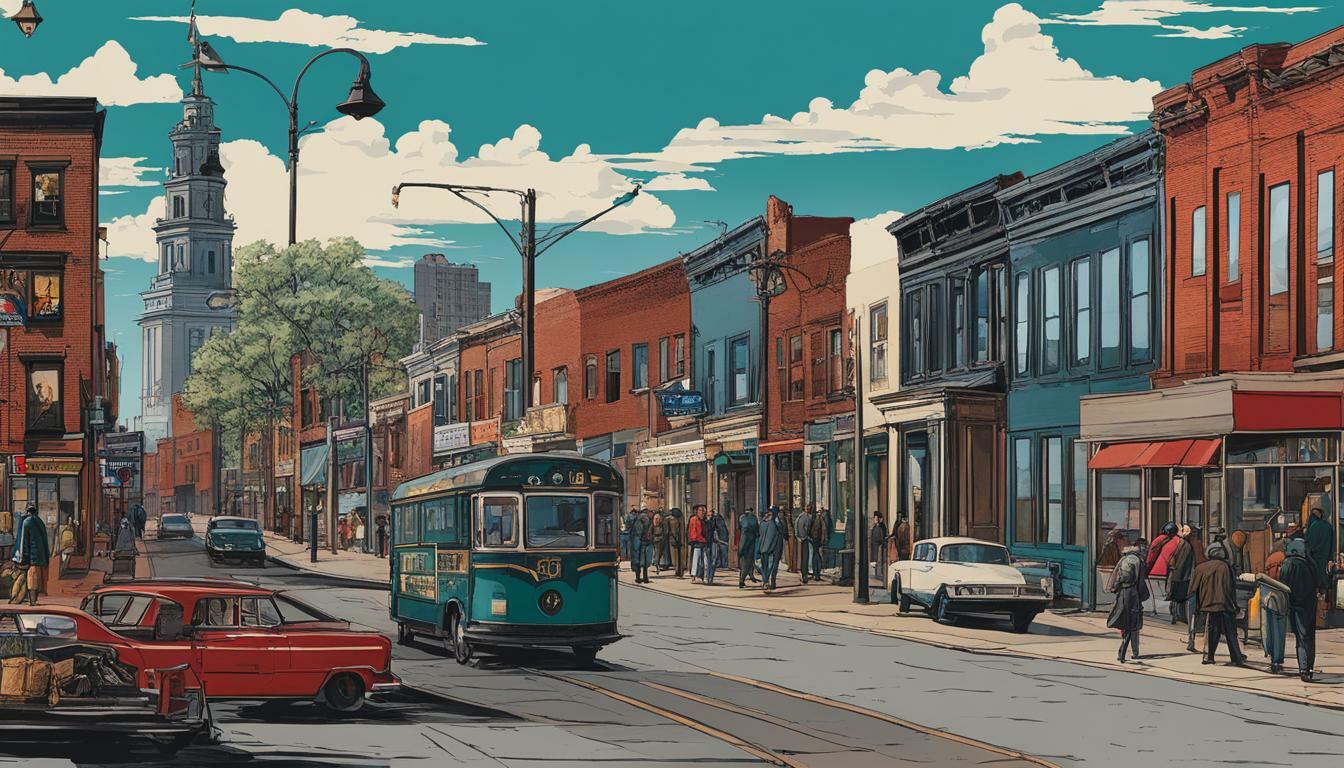We marvel at how many millions of dollars are spent on 30- or 60-second commercial time slots during the Super Bowl every year. It can be quite easy to dismiss the ever-so-hyped Super Bowl Sunday commercials as over the top, silly, or a waste of money, but the fact that companies are willing to shell out upwards of $3 million for individual commercials holds much significance. Analyzing the whole spectacle from a sociological standpoint can speak volumes about American culture in a particular era…and what we allow major corporations to convince us.
My personal hypothesis in analyzing the most-viewed sporting event of the year (95.4 million people!) was based on previous observations: Super Bowl commercials will use the allure of hot babes, status, and machismo to sell products, as well as the promise of happiness and well-being—and most importantly, the ads will capitalize on stereotypes.
I mean, obviously. But while it’s not a groundbreaking theory, And people are more open to the messages when they’re expecting the ads to be sensational—is there ever a time when commercials are more anticipated? (Other times of the year, we use TiVo or fast-forward through ads!)
The most pressing issue for Americans in 2009 is the crumbled economy. By the millions, people are hesitant to spend, worried about jobs, and uncertain about the future. Advertising companies don’t ignore the trends—they strive to give the people what they’re starving for.
For example, Career Builder capitalized on that with their witty commercial displaying people who hate their jobs—and ending by saying it’s okay to be on the job hunt—you’ll revamp your life and obtain more personal happiness and fulfillment.
Priceline, an online travel agent that allows you to name your price for travel packages (and NEGOTIATES for you!), also reinforced that feeling. Their message was that it’s okay to travel still—just use their service and you won’t be overspending in these tough financial times.
Racial stereotypes are also integral in Super Bowl advertisements. Save for a new talkin’, singin’ baby in the E-Trade commercials, the blacks in the ads were mostly athletes inspiring young black kids to dream big! Read: become professional athletes. The executive hot shots were white men in business suits. The Asian executives at Hyundai (Oh, it sounds like “Sunday?” We can pronounce it now!) were yelling like it was a kung fu movie; almost mockable.
Sex and gender roles are also key. A new Pepsi product is the diet cola for a MAN, not women. Mr. Potato Head is driving in the mountains with his nagging wife when her mouth pops off and falls down a cliff; thank goodness! GoDaddy.com uses busty babes and suggestive same-sex shower scenes to sell domain names. Teleflora allows men to send flowers to women and simultaneously avoid the typical female over-analysis and mixed signals.
And isn’t it interesting how the only female athlete prominently featured in the ads was completely objectified?
The many advertisements during the most-watched broadcast of the year reinforce and perpetuate the stereotypes. And there’s clearly a reason why these tactics work—they’ve been deeply embedded in our subconscious; we’re used to perceiving people or situations certain ways. Blacks are athletes, women are either confused or sex objects, white men are either executives or idiots (“I’m good, I’m good.”), Asians sound funny when they yell and it’s always okay to spend money! In fact, you must!
I wasn’t surprised in the findings of my Super Bowl “sociological experiment,” if you will, but viewing the commercials with a critical eye—specifically looking for the time-tested selling tactics—brought new perspective to our culture and norms.
And I don’t get offended that the marketing execs exploit women and typecast non-whites. Obviously the advertising strategies work, and stereotypes are in place for many reasons including the fact that we allow them to be. I enjoyed almost all of the commercials and laughed a lot (after being rendered speechless over Jennifer Hudson’s tremendous National Anthem performance!).
Other than that, we know that bugs are Coke addicts and MC Hammer loves gold. Good times.
0




